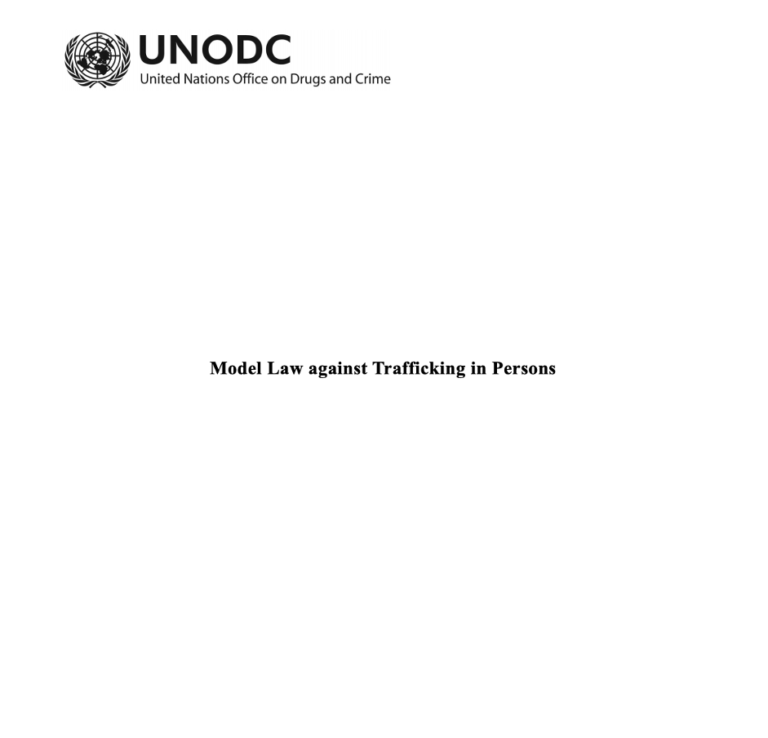Building Slavery-free Communities: A Resilience Framework
GuidanceThere is growing interest in the use of community-based approaches to address the causes of modern slavery and the related goal of building anti-slavery ‘resilience.’ However, the concept of resilience is often poorly understood and applied wit...Read More

